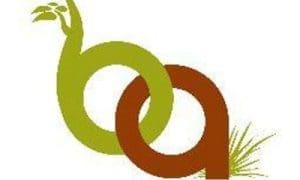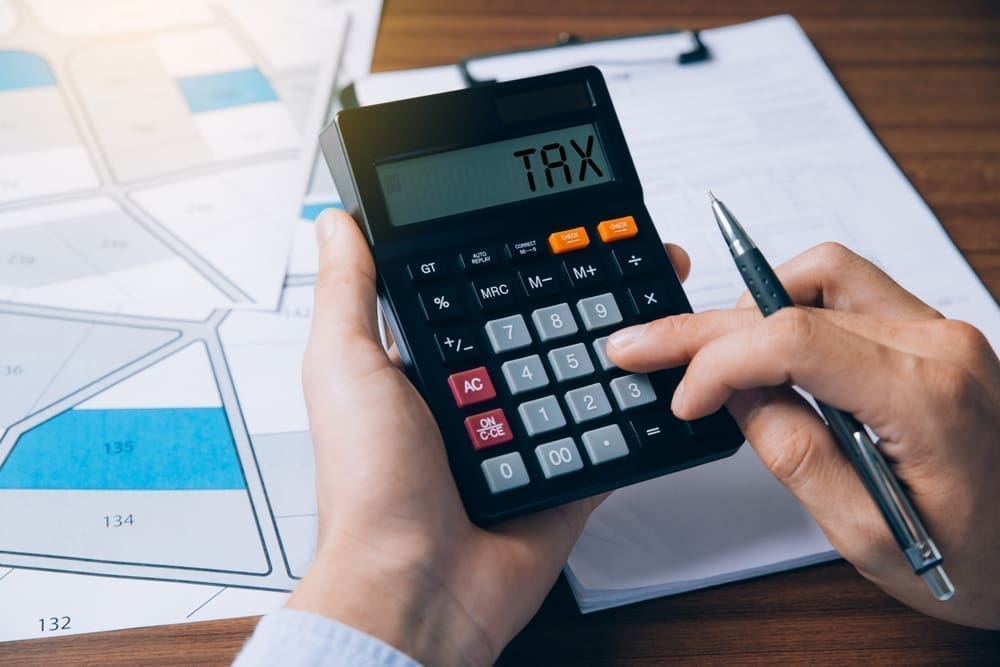“T he Business of Beef ” is a regular series produced by the Bush Agribusiness team for Beef Central readers.
he Business of Beef ” is a regular series produced by the Bush Agribusiness team for Beef Central readers.
AS we approach the end of the financial year, many businesses in the beef industry will be rounding out a year of good profits, off the back of a strong cattle market and improved seasons in many areas. As a result of higher profits, a tax payable bill can often be around the corner, sometimes bringing with it the temptation to reduce the looming tax bill – perhaps dangerously at the expense of business performance.
A widespread aversion to paying tax creates a flood of TV commercials at this time of year promoting sales of plant & equipment, with the instant asset write-off deduction a key sales pitch. You, however, are in the business of beef and should not deviate from making rational capital allocation decisions that contribute to improving profitability and achieving objectives of your own business. It’s important to remember that an upfront asset write-off for tax purposes doesn’t change the total deductibility of the asset over its life. It is just a timing difference, bringing forward the deduction and allowing the tax benefit to be realised sooner. Any tax benefit should be reflected in your cost-benefit analysis of the asset purchase, however it’s important to not let the lure of an upfront tax deduction cloud rational decision making. A June purchase of plant & equipment that is a good outcome for the dealership’s annual profit and helps boost the Australian economy for the year, won’t necessarily be a good outcome for the profitability of your own business!
READ MORE: The Business of Beef: What will rising inflation mean for the beef industry?
Are there other ways to reduce your tax bill, while remaining aligned with your long term personal & business objectives? For example – in a year of higher income, are you able to increase your personal contributions to superannuation for the year, by utilising the carry forward rules for unused concessional super contributions? Personal contributions to super that are made from your pre-tax income are a type of ‘concessional contribution’, and may be tax deductible. There is a limit to the amount of total concessional contributions that can be made into your super fund each year (in FY22, this contributions cap is $27,500, increased from the cap of $25,000 for FY18-FY21). If your contributions to super were lower than the contributions cap in previous years (including FY19 onwards), then this unused portion may be able to be ‘carried forward’ to increase your contributions cap in the current year. This would allow your super contributions in the current year to exceed the cap of $27,500 – increasing the amount of tax deductible contributions that could be made in the year.
These rules provide welcome flexibility to the timing of super contributions. Contributions can be increased in years of higher income to make up for reduced contributions in years of lower income, or tighter cash flow. Utilising these rules achieves two beneficial outcomes: it may reduce tax payable in the short term, but this also goes hand-in-hand with the long-term benefit of increasing your retirement provisioning while you are in a position to do so. Disciplined provisioning is a vital principle of building the wealth needed for an independent retirement – the earlier this provisioning starts and the more consistent it is, the better. Through the power of compounding, a retirement provision that is invested wisely will look a lot better to you in 20 years than a new bit of gear will look over that time as it rusts away!
READ MORE: The Business of Beef: Capital Allocation and Yield Compression
Over the long term, if a business is paying tax, it can be a sign that the business is healthy and generating profits. No one enjoys paying tax, however at the end of the day, the need to pay tax is somewhat of a pat on the back for the business! This being said, it is vital that the laws are understood and applied to your specific circumstances so that the business and individuals involved aren’t paying more tax than necessary. It’s important to have the conversation regarding these types of matters with your team of accountants, lawyers and advisors. Discuss whether you have the most suitable business structure in place for your own circumstances, to effectively manage tax implications of profitable years in the future. Have discussions about how to manage variability in profit & cash flow that is (to an extent) inherent in agriculture. And, if you are determined to find a tax deductible expense that will build your understanding of beef business performance, rational capital allocation and long-term wealth creation: register for an upcoming Business EDGE workshop near you!
Achieving your long-term objectives; focusing on economic sustainability; and maximising after-tax profits of your business in the long term is far more important than just focusing on minimising your tax bill in the current year!


